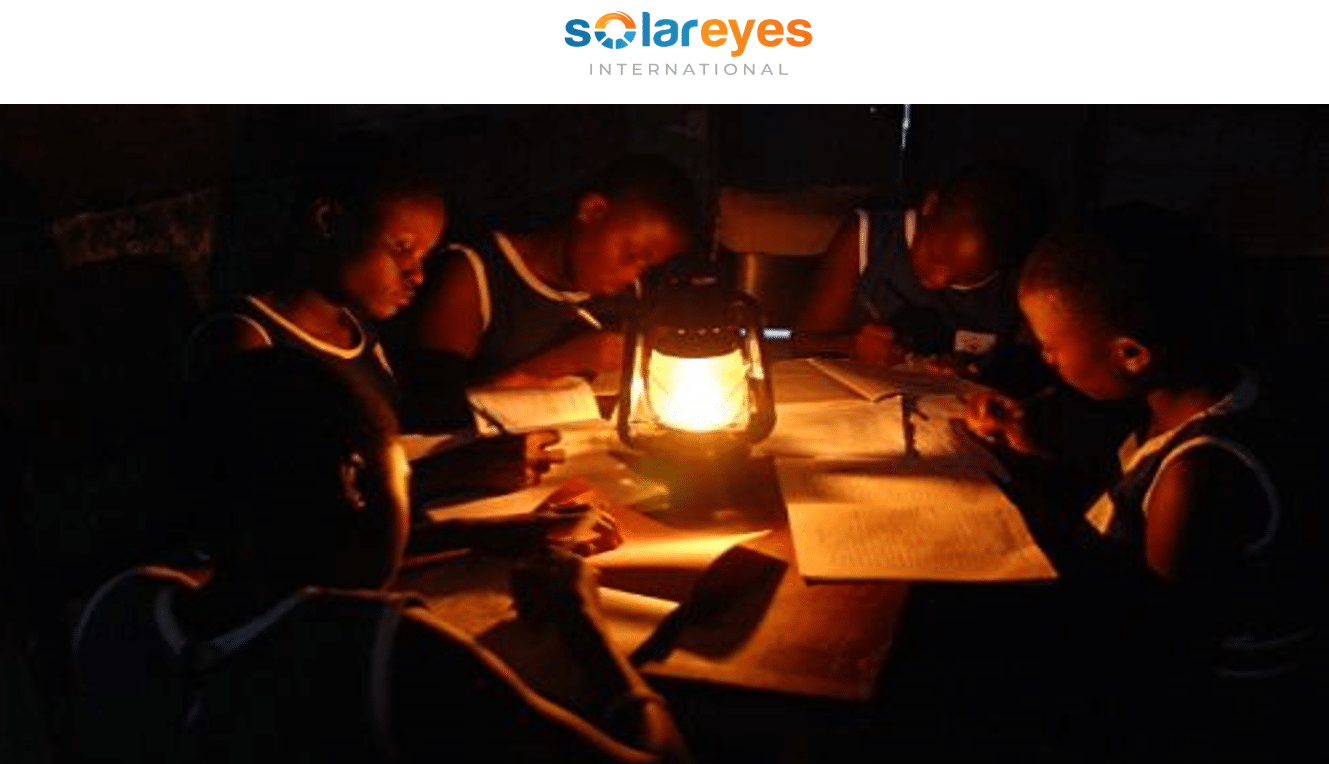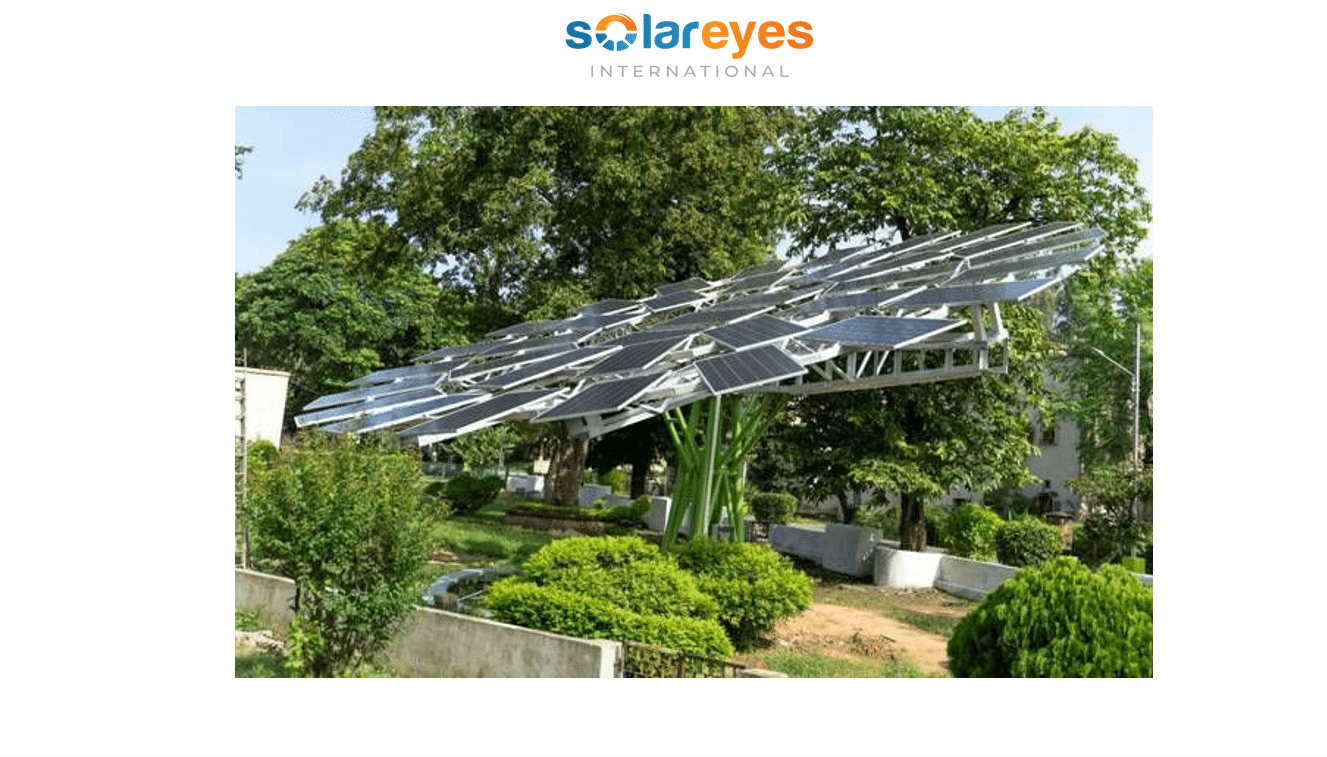Understanding Energy Democracy and Germany’s “Energieweinde”

Understanding Energy Democracy and Germany’s “Energieweinde”
Energy Democracy
Energy democracy is an emergent social movement advancing renewable energy transitions by resisting the fossil-fuel-dominant energy agenda while reclaiming and democratically restructuring energy regimes. By integrating technological change with the potential for socioeconomic and political change, the movement links social justice and equity with energy innovation.
Energy democracy is simply as a situation whereby people are reclaiming energy distribution and access. From energy access to climate justice and from anti-privatisation to workers’ rights, people across the world are taking back power over the energy sector, kicking-back against the rule of the market and reimagining how energy might be produced, distributed and used.
Energy democracy means that community residents are innovators, planners, and decision-makers seeking to use and create energy that is local and renewable. Hence, it is important to note that energy democracy is a people’s movement or activism rather than a governmental master plan.
Defining “Energieweinde”
Energiewende literally meaning “energy turnaround” or “energy revolution”. It refers to Germany’s effort to reduce climate-damaging CO₂ emissions, without relying on nuclear energy. “Energiewende” is simply Germany’s transition and transformation from fossil fuels to renewables.
To break down the term, Energie is self-explanatory whilst Wende means U-turn referring to the energy transition that is to take Germany on a new path, but not necessarily back where it came from. Hence, Wende is inevitably a turn for the better. The Energiewende is the Germany’s planned transition to a low- carbon, nuclear-free economy, however there is much more to it than phasing out nuclear power and expanding renewable energies in the power sector.
The link between Energy Democracy and “Energiewende”
Energy democracy, just like conservatism, liberalism, or socialism can be treated as a political ideology whereas the Energiewende is a series of renewable activities and policies. In other words, energy democracy is a certain set of beliefs and values whilst the Energiewende is a result of those beliefs and values. Here it is a matter of imagination, inspiration and social need that was followed by action. What took place in Germany is what we call ideological influences on governance and regulation. Many academics, experts and scholars who proved that political ideology influence policy decisions.
THE END.
FOLLOW US ON SOCIAL MEDIA
TELEGRAM GROUP
LINKEDIN
FACEBOOK
*** ALSO CHECK: ABBREVIATIONS IN THE SOLAR ENERGY SECTOR
HOW TO SIZE A SOLAR SYSTEM – 5 clear steps anyone can follow





